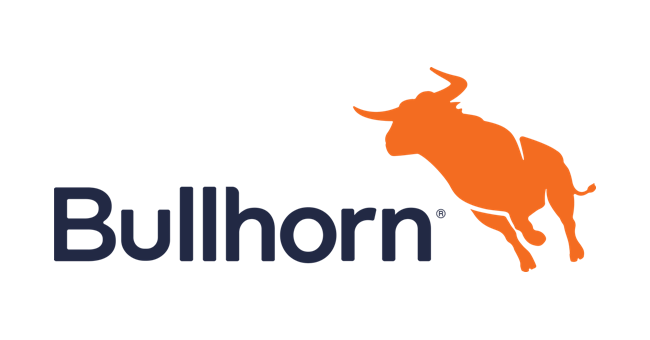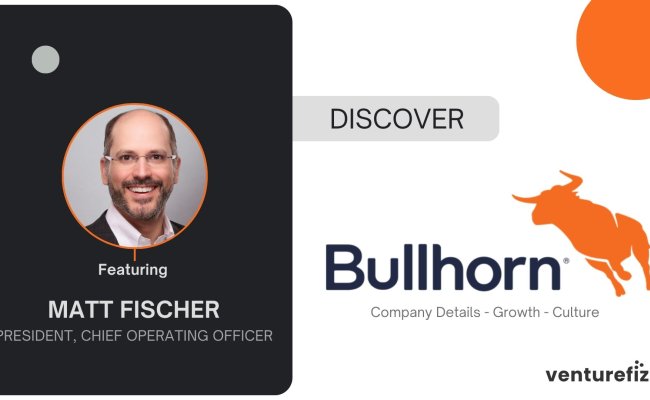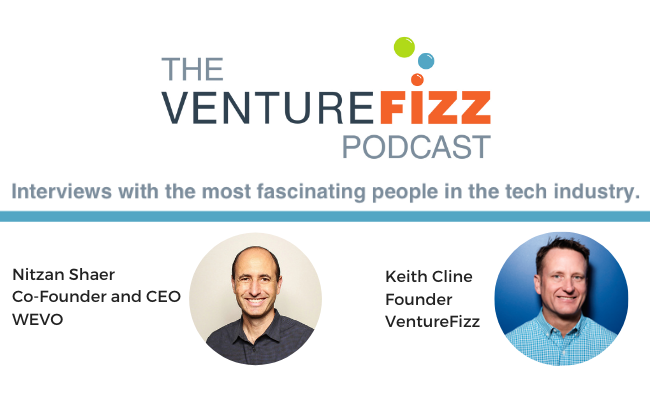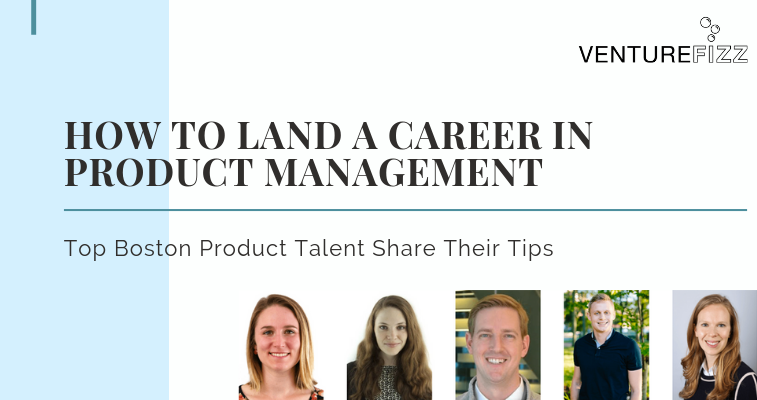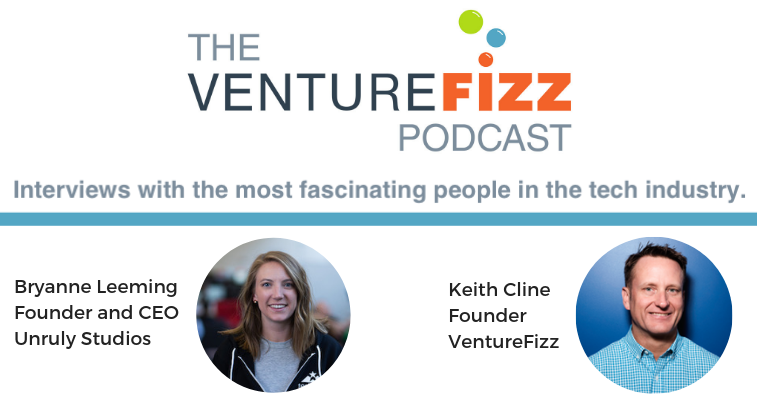Career Path is a regular series on VentureFizz where we connect with individuals from our BIZZpages, which are the fastest-growing tech companies in the Boston tech scene. We learn a lot about each person's background and what a day in the life is like for them.
We have compiled advice from some of the Product Managers that have been profiled. They share the details on how job seekers can obtain a career in the field of Product Management.
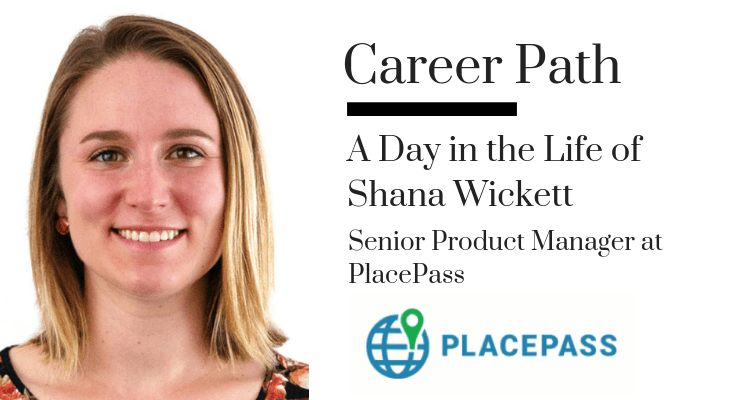
"Seize any opportunity you can to take on product management-like responsibilities at your current company, even if there is no formal product management team structure. Express your interest, and take on small tech projects to get your feet wet in working through an initiative from inception, to design, through build, to launch. And if you don’t have a technical background, don’t let that intimidate you. You’ll get used to taking on something that seems insurmountable to understand, and by the end of it, knowing very well what the inner workings are and how to explain them to others. I still face this from time to time and always tell myself that, as long as I keep asking questions, it’s only a matter of time until I understand and can speak intelligently about it."
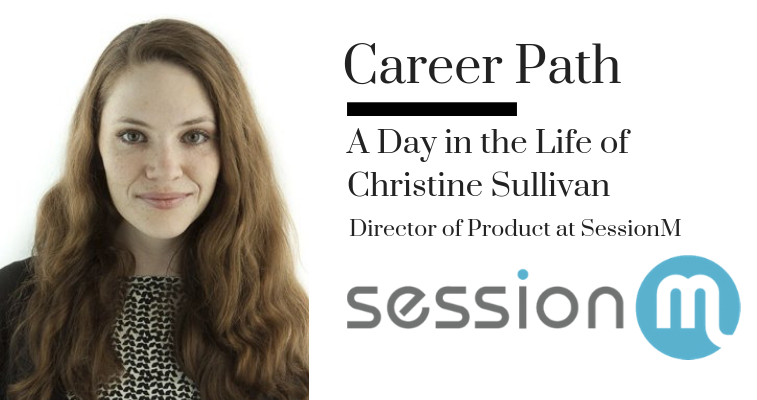
"Reach out to people currently working in product. Ask to get coffee. Go to meetups and read as much as you can about the role. If you come from a technical background, that’s awesome, If not, don’t be intimidated or count yourself out of a career that really interests you. Figure out what draws you to product. Once you know, repeat that back to yourself and get good at telling that story to other people. If you come from a place of authenticity and genuine interest, people will respond well to that and want to help you as you jump into a new path."
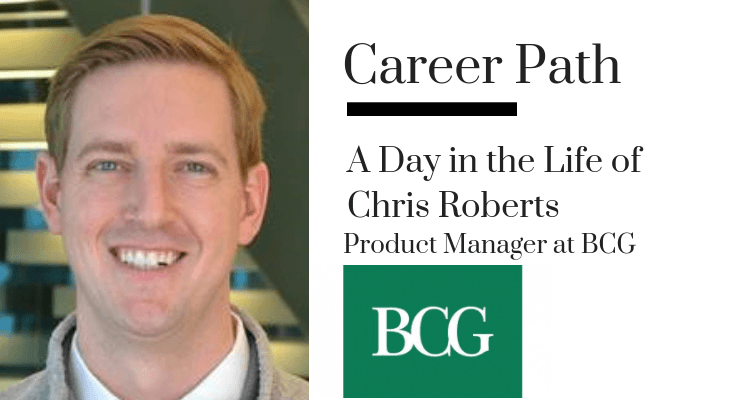
"My biggest tip to someone considering a career in product management is to embrace their background. There is no traditional product manager; the team is made up of people with a wide variety of experiences (professional and personal). I would also advise people to stay current and curious – inspiration can come from anywhere."
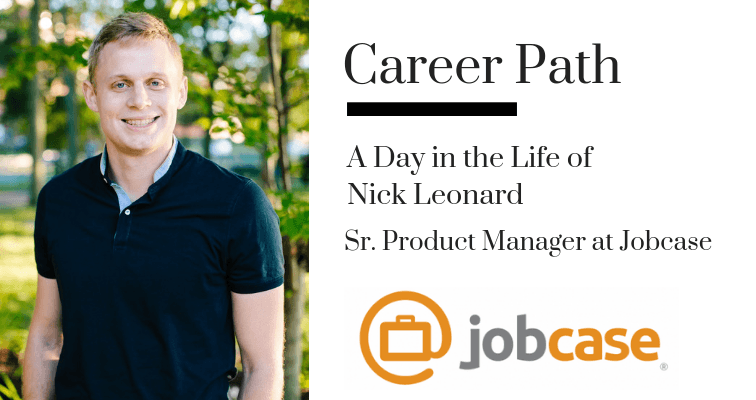
"Discover your personal spike? Are you the connective tissue that breaks down organizational silos? Are you the brilliant empathizer that has an uncanny knack for understanding users? Are you the engineer’s best friends with your perfect articulation of features and needs? There are lots of things a Product Manager has to do. Understand your strengths and play to them. Where you are weak, you get to choose: Either improve them or build a team that mitigates your weaknesses."
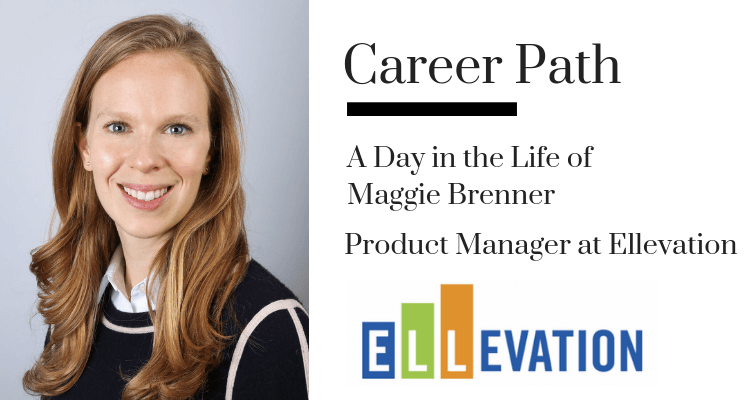
"Talk to anyone you can who’s an engineer, product manager or designer. Learn about the variations between companies and which type of role you think will be best for you. I also went to a few meetups and introductory courses which gave me some solid baseline knowledge. There’s a ton of great literature out there about the PM role, product teams and how to work best with engineers which I would recommend reading. I found Cracking the PM Interview helpful in understanding what the interview process might look like. Think about what your best entry point is. For me, it has been beneficial to move internally. While I’m learning the role, I’m able to leverage strong knowledge of our product and customers."
Colin Barry is the Content Manager for VentureFizz. Follow him on Twitter @ColinKrash


